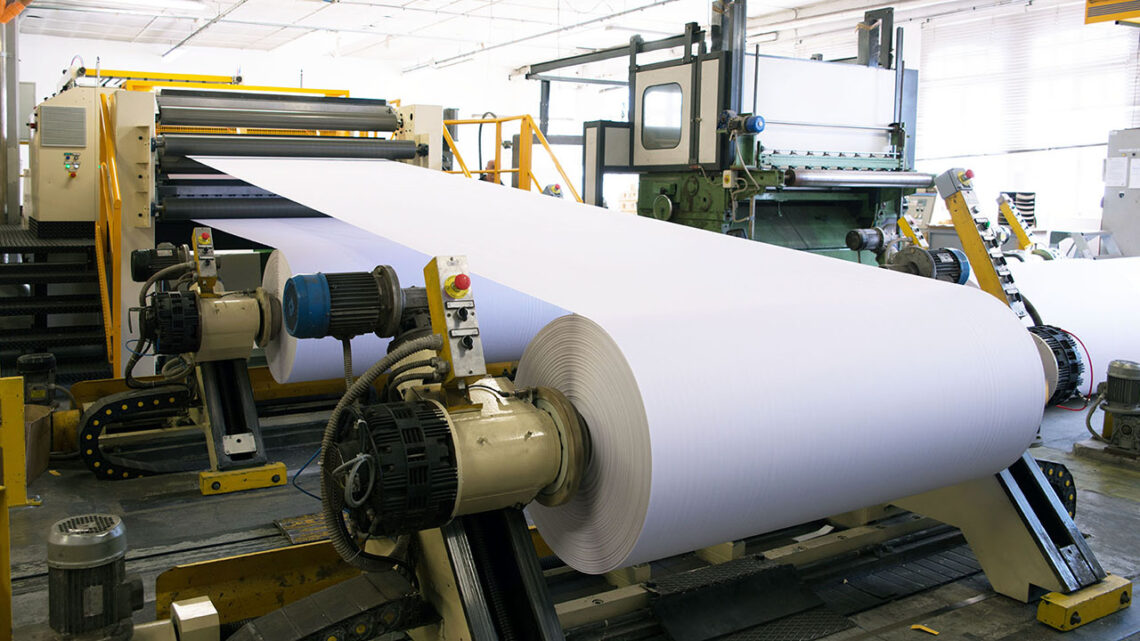Nigeria, endowed with vast forests, abundant sunlight, and a youthful population, ironically finds itself deeply reliant on imported paper to meet its domestic demand. From exercise books and office supplies to packaging materials and currency-grade paper, the nation’s paper needs are largely met through imports, a dependency that has become a silent economic drain with far-reaching implications.
The global paper industry is worth over $500 billion, yet Nigeria remains a consumer rather than a contributor to this massive market. Once home to three functional paper mills—Nigerian Paper Mill (Jebba), Nigeria Newsprint Manufacturing Company (Oku Iboku), and Iwopin Pulp and Paper Company (Ogun)—the country now imports over $1 billion worth of paper and paper products annually, according to industry estimates. This staggering figure tells a story of neglect, missed opportunities, and policy inconsistency.
One of the most direct economic consequences of importing paper is the pressure it puts on Nigeria’s scarce foreign exchange reserves. At a time when the naira is depreciating and the country is grappling with dollar shortages, allocating hundreds of millions of dollars yearly for paper imports is economically irrational. This diversion of forex could have supported local manufacturing, education, healthcare, or even the procurement of more strategic industrial equipment.
Nigeria’s reliance on imports has also led to the collapse of its once-promising paper industry, resulting in the loss of thousands of direct and indirect jobs. If fully operational, the local mills could employ tens of thousands across the value chain, from forestry and pulp processing to printing and distribution. Instead, these jobs now exist in countries like China, Indonesia, and India, where the paper Nigeria uses is produced.
The closure of domestic paper mills also means a loss of industrial capacity and technical know-how. With every passing year, the country becomes less self-reliant in basic industrial processes, making it more vulnerable to global supply disruptions and price volatility.
In a country where millions of students depend on notebooks, textbooks, and other printed materials, the high cost of imported paper inflates the cost of education. Local publishers and printers are forced to buy expensive imported paper, a cost that is passed on to schools and parents. This not only worsens access to affordable learning materials but also undermines the growth of Nigeria’s domestic publishing industry.
Similarly, entrepreneurs in packaging, printing, and media are constrained by high paper costs and erratic supply, affecting their competitiveness and growth. Nigeria’s burgeoning SME sector cannot thrive when such a basic input is both expensive and externally sourced.
It is particularly ironic that Nigeria, with vast forested land and potential for bamboo and agro-residue-based pulp production, has not developed an integrated pulp and paper industry. Countries with fewer natural resources have done so by adopting sustainable forestry, investing in recycling technologies, and providing incentives to investors in the paper value chain.
Reviving Nigeria’s paper industry could also spur agro-industrial integration, where agricultural waste is converted into pulp, creating value and reducing environmental degradation.
Reviving Nigeria’s domestic paper production is not only economically sensible, it is strategically necessary. Hence, the government must rehabilitate and privatise the dormant paper mills with credible investors under clear performance-based agreements; provide incentives such as tax breaks, single-digit loans, and import waivers for equipment to stimulate local paper production; develop sustainable forestry programmes to ensure a steady supply of raw materials while preserving the environment, as well as encourage local content policies in printing, publishing, and packaging sectors, mandating the use of locally made paper where feasible.
Furthermore, there is a need to woo investments in research and development for alternative pulp sources, such as bamboo and agricultural residue, to reduce dependence on wood-based pulp alone.
Paper is more than a commodity; it is a symbol of learning, communication, governance, and commerce. Nigeria’s overdependence on imported paper is not just a logistical issue; it reflects a broader economic vulnerability and failure to industrialise critical sectors.
To become truly self-reliant, Nigeria must turn the page on this dependency and revive its paper industry, not just to save foreign exchange, but to create jobs, support education, and build a more resilient economy.





